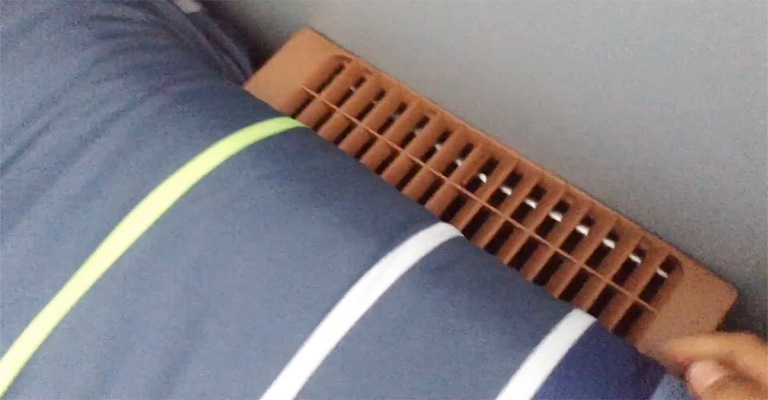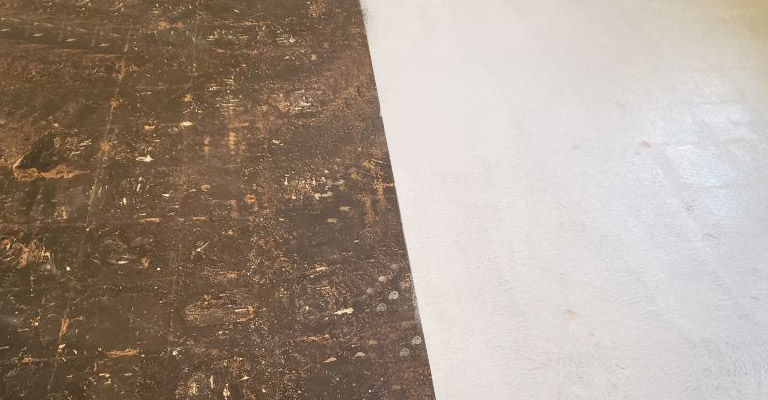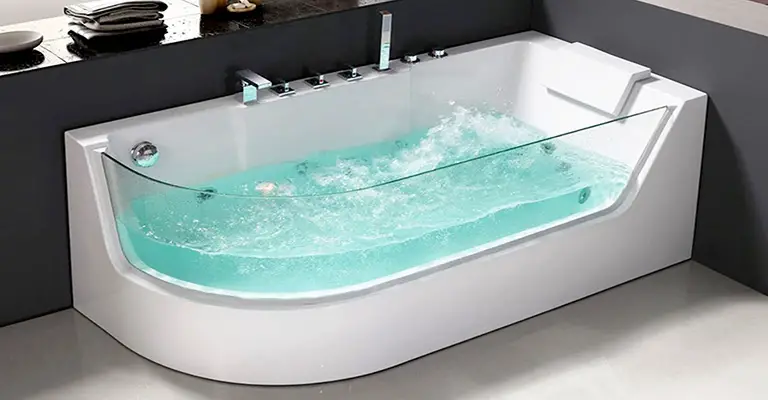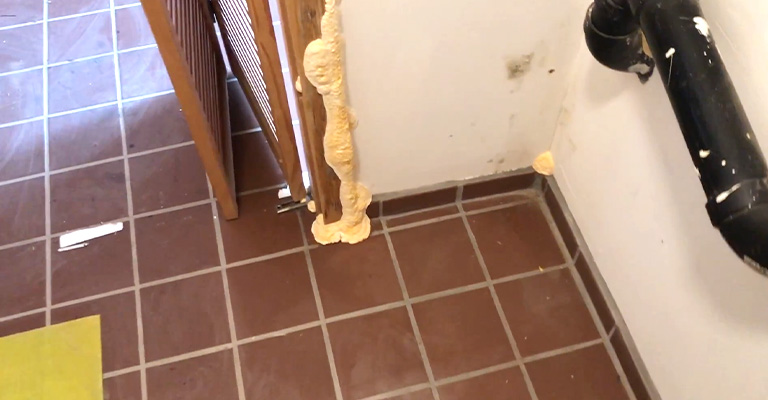Shower Screen Selection: Finding the Perfect Fit
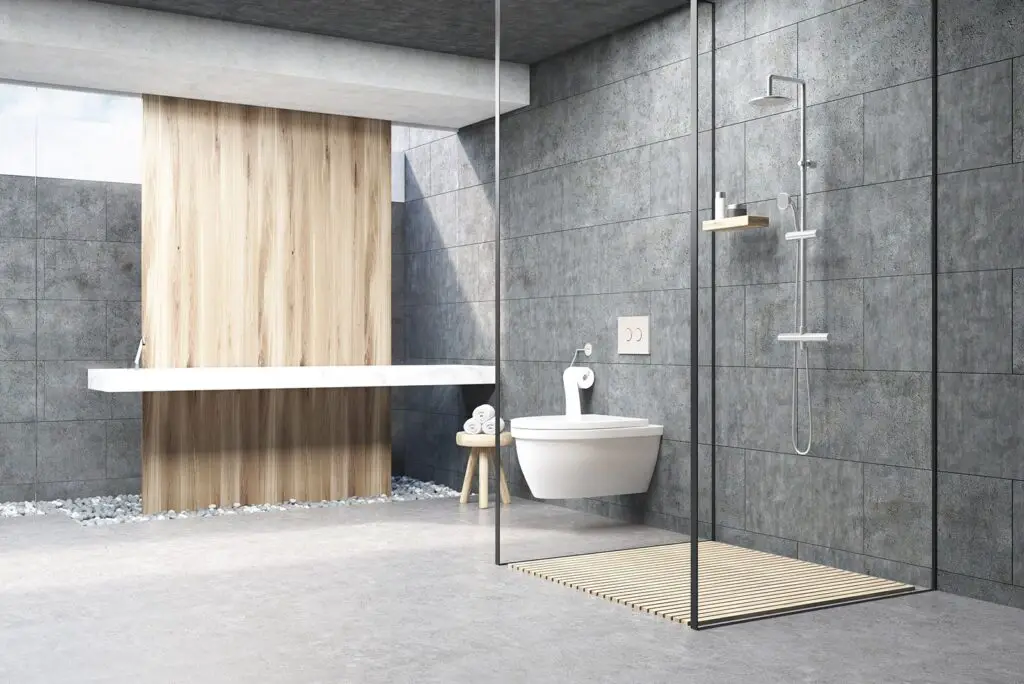
Choosing the right shower screen is crucial not only for its functional purpose but also for enhancing your bathroom’s aesthetics and overall ambience. From framed to frameless, sliding to pivot doors, the variety of shower screens offers many options to suit individual preferences and bathroom layouts. Understanding the different types, materials, and considerations in selecting a shower screen is key to finding the ideal fit for your bathing space.
Types of Shower Screen
Shower curtains come in various types, each offering unique features and advantages. Framed screens have metal frames surrounding the glass panels, providing sturdiness and support. Frameless screens, on the other hand, offer a sleek and modern look without visible borders, providing a minimalist aesthetic and easier cleaning due to fewer crevices where dirt can accumulate. Semi-frameless screens balance the two, offering a blend of stability and a more streamlined appearance. Additionally, choosing between sliding, pivot, or hinged doors depends on space availability and personal preferences.
Considerations for Choosing the Right Screen
When selecting a shower screen, several factors come into play. The size and layout of the bathroom dictate the type of screen that would best fit the available space. A smaller bathroom might benefit from a sliding door to save space, while a larger area might accommodate a pivot door or a more expansive frameless screen. Consider the level of maintenance desired; while visually appealing, frameless screens might require more frequent cleaning compared to framed options due to their lack of borders. Moreover, the screen’s style and design should complement the bathroom’s overall aesthetic.
Materials and Durability
The materials used in screens significantly impact their durability and longevity. Tempered glass is a popular choice due to its strength and safety features; it is resistant to shattering and can withstand impact better than regular glass. The thickness of the glass also plays a role in durability; thicker glass generally provides more sturdiness. Additionally, the quality of hinges, frames, and seals should not be overlooked, as these components contribute to the screen’s overall performance and lifespan.
Customisation and Personalisation
Many manufacturers offer customisation options for shower curtains, allowing homeowners to tailor the screen according to their preferences and bathroom requirements. Customisation options include choosing the glass thickness, tint, or pattern and selecting finishes for frames or handles to match the bathroom decor. Personalising the shower screen adds a unique touch to the space, reflecting individual style while ensuring the screen seamlessly integrates with the overall design.
Installation and Maintenance Considerations
Proper installation by professionals is crucial for the functionality and longevity of screens. Improper installation may lead to leaks, instability, or other issues compromising the screen’s effectiveness. Additionally, regular maintenance, such as cleaning the glass and checking for any signs of wear or damage, is essential to preserve the screen’s appearance and functionality over time. Following manufacturer recommendations for cleaning solutions and techniques is advisable to prevent damage to the screen.
Water Containment and Sealing Efficiency
An essential aspect of screens is their ability to contain water effectively within the showering area. Proper sealing around the edges of the screen, including seals at the bottom and between moving parts, prevents water from leaking onto the bathroom floor. Ensuring a tight seal not only maintains the cleanliness of the bathroom but also prevents potential water damage to surrounding areas. When choosing a shower screen, consider the quality of the seals and their efficiency in containing water to ensure a hassle-free and dry bathing experience.
Accessibility and Ease of Use
For individuals with mobility concerns or specific accessibility needs, selecting a shower screen that facilitates easy access is paramount. Barrier-free designs or screens with wider openings can provide convenient entry and exit, accommodating wheelchairs or mobility aids if necessary. Additionally, considering the ease of maintenance and cleaning accessibility is vital, as some designs might feature mechanisms or components that are more challenging to clean or maintain than others.
Budget and Value
While considering various features and functionalities of screens, aligning choices with the available budget is essential. Different types of screens, materials, and customisations come with varying price points. Assessing the trade-offs between cost and desired features can help make a well-informed decision. Moreover, considering the long-term value and durability of the chosen screen is crucial; investing in a high-quality screen that meets both functional and aesthetic needs might offer better value in the long run by reducing the need for frequent replacements or repairs.
These additional points highlight the importance of water containment, accessibility, and budget considerations when selecting a shower screen, offering a comprehensive guide to finding the perfect fit for your bathroom.
Conclusion
In conclusion, selecting shower screens involves a blend of practicality, aesthetics, and personal preference. Finding the perfect fit requires careful consideration of the available space, type of screen, materials, and design elements. Screens serve a functional purpose and contribute significantly to the overall look and feel of the bathroom, showcasing a blend of style and functionality.

